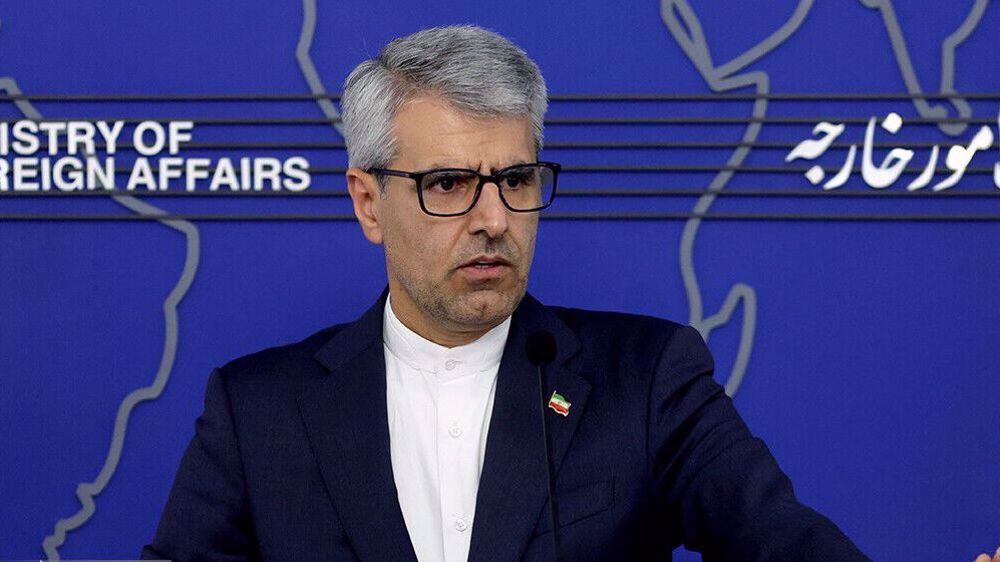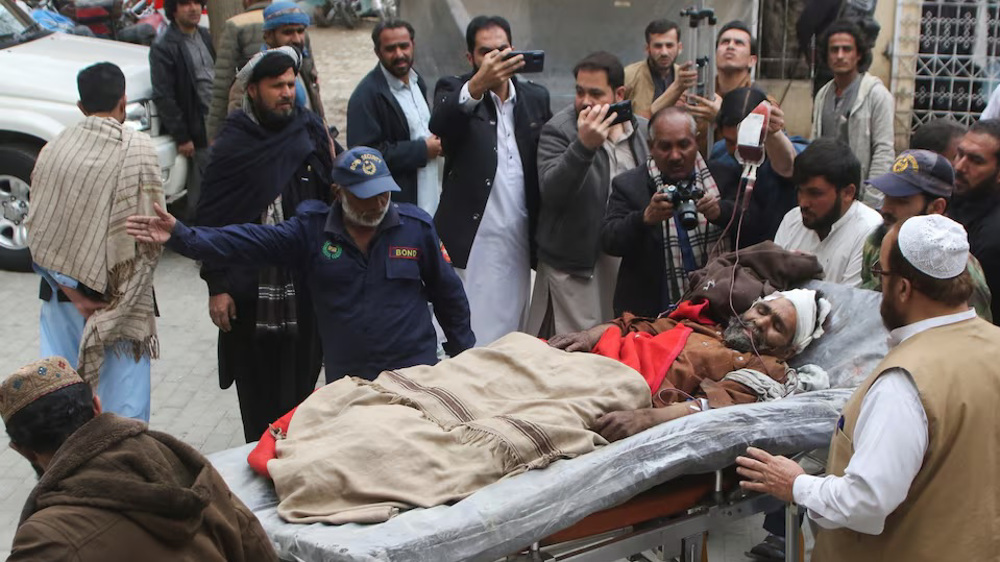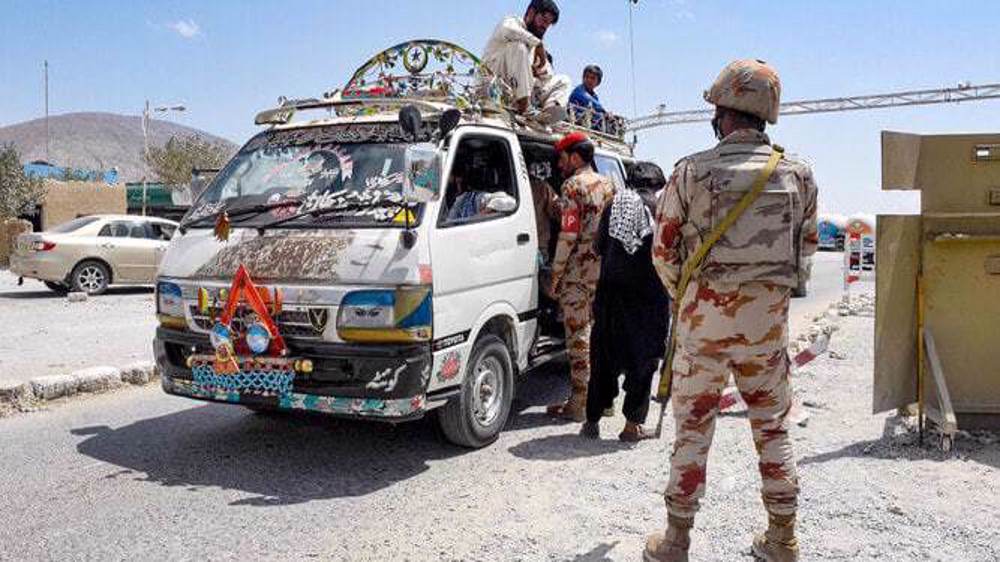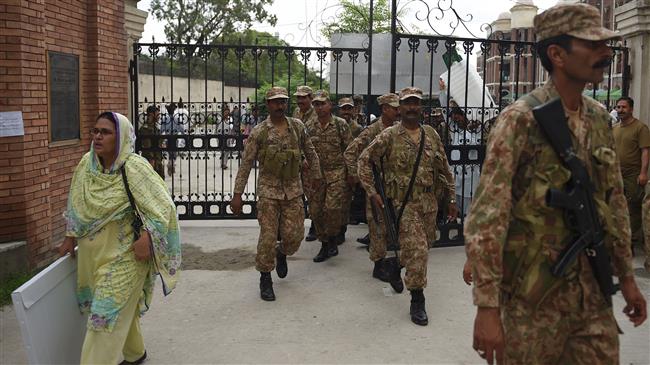No Pakistani women vote in village over fear of divorce
Pakistani women who had pledged to defy men in their village by voting for the first time ultimately did not exercise their democratic right in Wednesday's election, citing intimidation by their husbands.
Male elders banned females from voting in Mohri Pur, some 60 kilometers (35 miles) from the central Pakistan city of Multan, and the women have obeyed ever since.
This year many had vowed to cast a ballot following changes to Pakistan's election laws and amid shifting attitudes towards women in parts of the deeply patriarchal South Asian country.
Some 3,200 women were listed on the electoral register in Mohri Pur -- but not one voted, according to election officials and an AFP journalist at the village's sole polling station.
"We have threats from our husbands that they will divorce us if we cast our vote," 25-year-old Tanya Bibi told AFP as she walked past the polling station, without going in.
Around 8,000 men were registered to vote in the village. Large queues of them, each clutching identity cards, formed at the polling station, located in a school.

"We are here to cast our ballots, but our women didn't cast their votes because it is our old tradition which we have been preserving," Muhammad Shamsher told AFP.
Bismillah Iram, from a local NGO, said announcements were made from the village mosque warning that women should not come to the polling station.
Elders in Mohri Pur, which is located in Punjab province, banned women from voting decades ago, claiming that visiting a public polling booth would "dishonor" them.
So-called "honor" describes a patriarchal code across South Asia that often seeks to justify the murder and oppression of women who defy conservative traditions by acts such as choosing their own husband, or working outside the home.
Women in Mohri Pur told AFP recently that they had tried to vote in previous elections but had been prevented.
In 2015, one woman, Fouzia Talib, became the only one in the village to vote in local elections. She was ostracized.
(Source: AFP)
Netanyahu: Israel won't allow Hayat Tahrir al-Sham forces in southern Syria
Hezbollah leaders’ historic funeral showed resistance strength: Islamic Jihad
Iran reports surge in air traffic as Austrian, Lufthansa resume flights
VIDEO | South Africans set to lobby government to isolate Israel
IRGC chief: Nasrallah decisive figure in regional equations with global dimensions
VIDEO | Press TV's News Headlines
Netanyahu's son 'exiled abroad for hitting his father': Knesset member
Iran money supply up 28.4% y/y in late January: CBI














 This makes it easy to access the Press TV website
This makes it easy to access the Press TV website